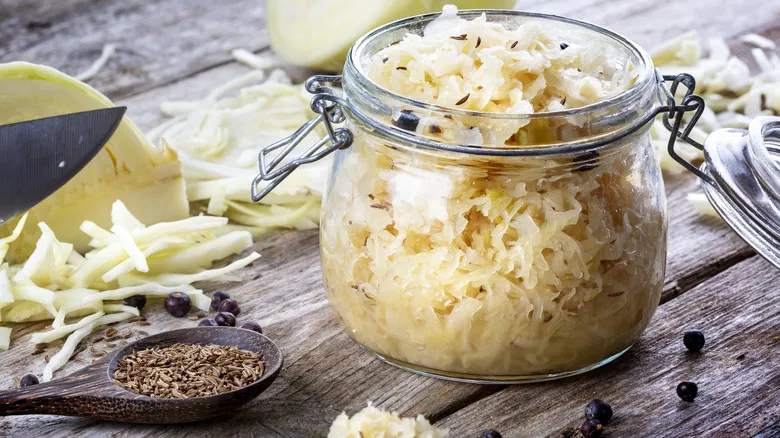To freeze or not to freeze, that is the question
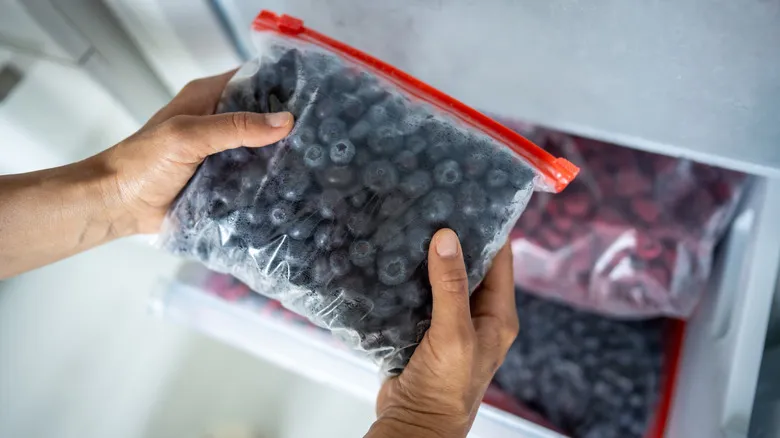
When it comes to preserving foods and their nutrients, freezing is a superb method for maintaining freshness, quality, and nutritional value. However, not all foods respond the same way to freezing, and some items can lose quality when subjected to low temperatures. For instance, probiotic and fermented foods can lose their essential health-boosting bacteria when frozen. Additionally, it's best to avoid freezing high-water-content foods such as lettuce, cucumbers, and watermelon, as they tend to become mushy upon thawing. Likewise, freezing fried foods can diminish their flavor and the desirable crunch that makes them so appealing.
On the other hand, freezing is an excellent option for preserving many foods, particularly fresh produce with lower water content. Bread, a common pantry item that often gets discarded, can be frozen without compromising its quality. Freezing bread effectively halts the staling process by preventing a chemical reaction known as starch retrogradation, which causes bread to become firm and dry. To defrost, you can simply use an oven, air fryer, or even a microwave.
Recommended
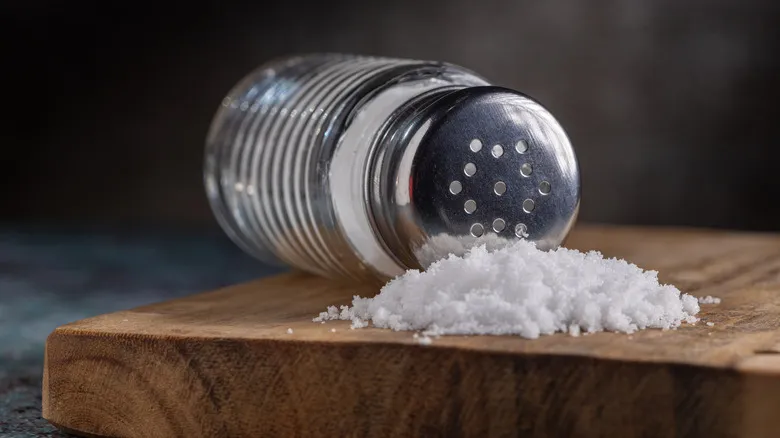
Does Salt Ever Expire?
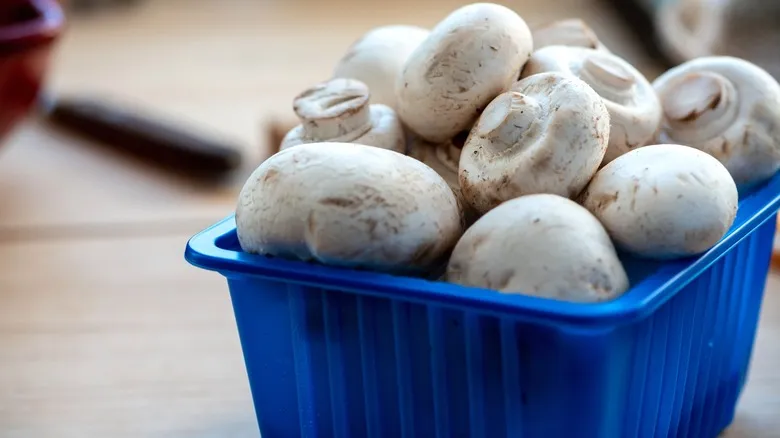
How To Tell If Store-Bought Mushrooms Have Gone Bad
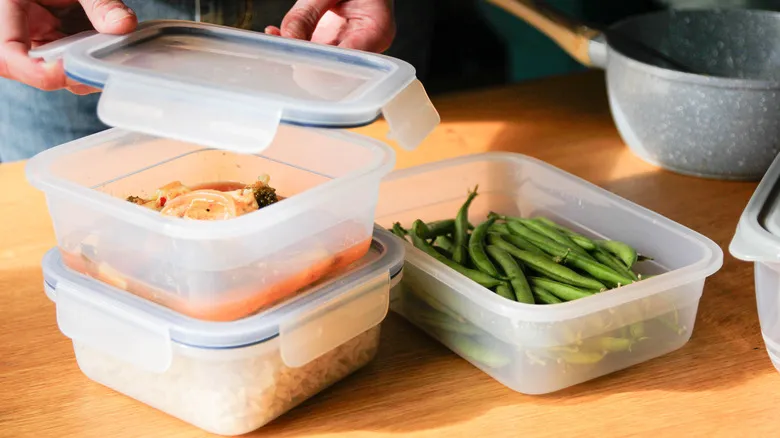
Banish Lingering Odors From Plastic Containers With One Simple Trick
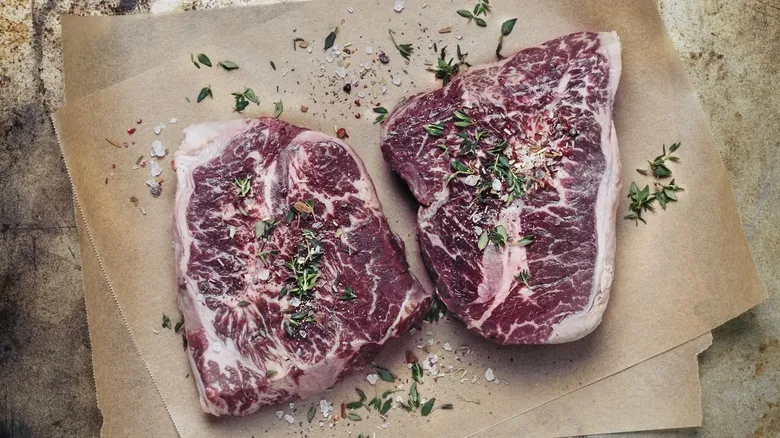
Why Does Your Steak Look Gray (And Is It Safe To Cook)?
Next up

